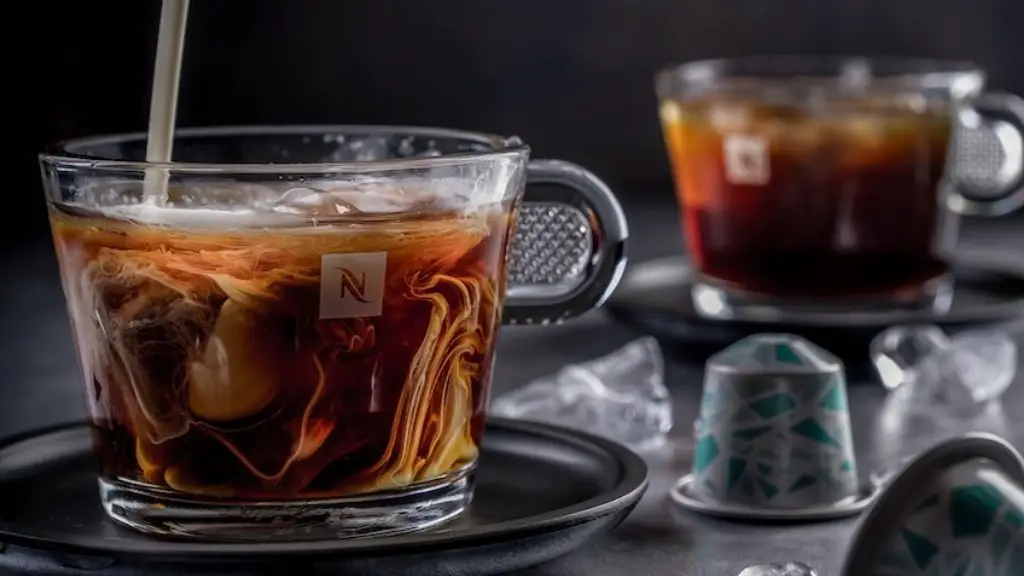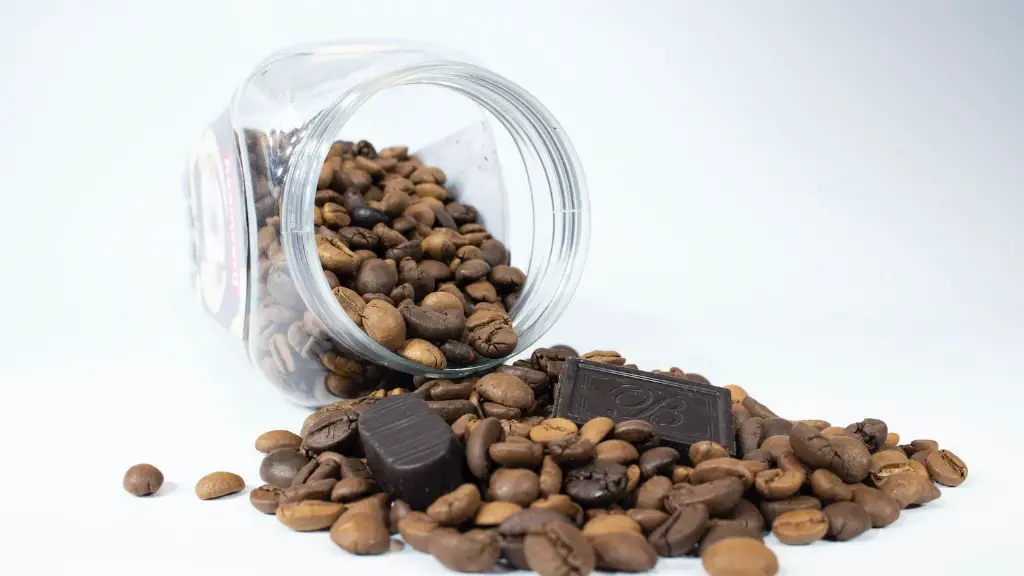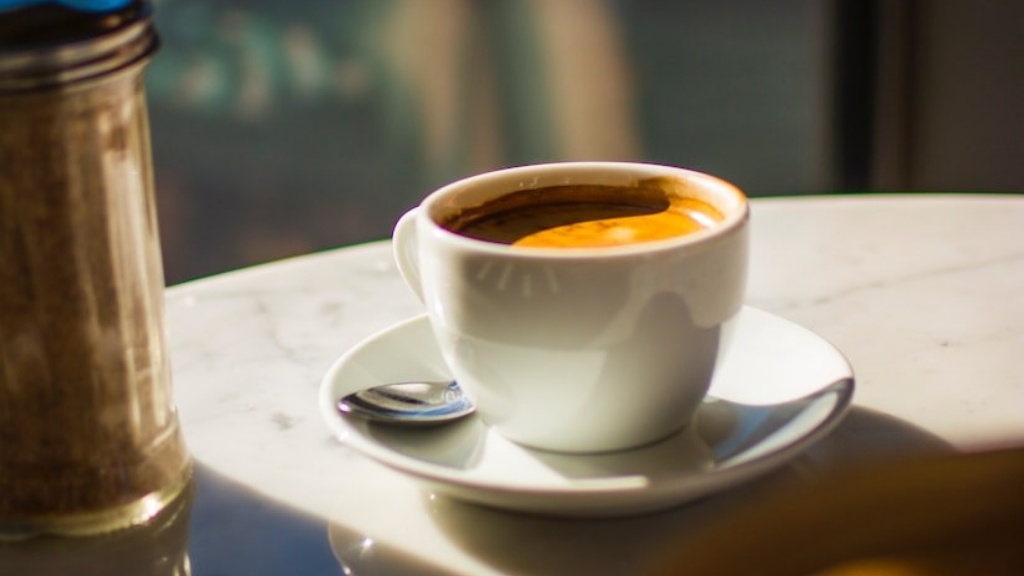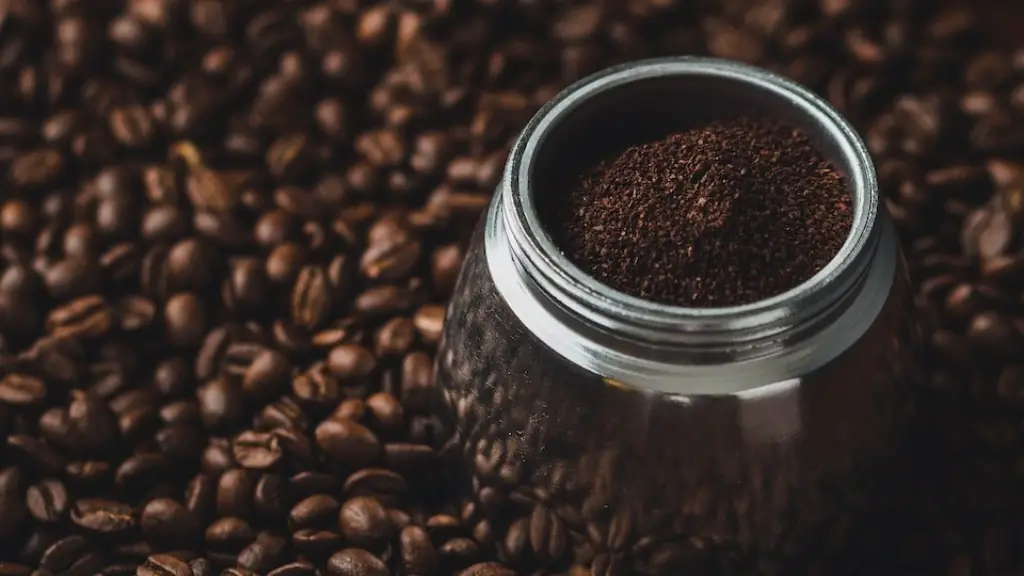Can You Drink Coffee after Gallbladder Removal Surgery?
If you’ve recently undergone gallbladder removal surgery or cholecystectomy, you may find yourself wondering if it’s safe to start drinking coffee again. Unfortunately, the answer to this question isn’t immediately obvious – while some doctors might recommend limiting or avoiding caffeine altogether, others may not be so concerned.
In this article, we’ll look at the potential risks associated with drinking coffee after gallbladder surgery, examine possible alternatives to coffee, and provide insight from medical experts who have worked with patients after gallbladder surgery.
What Are the Risks of Drinking Coffee After Gallbladder Removal Surgery?
Your gallbladder is an organ located in your upper right abdomen that stores extra bile, which is a liquid secreted by your liver that helps with digestion. Gallbladder removal surgery, also known as cholecystectomy, is the surgical removal of the gallbladder. During this procedure, the surgeon needs to cut the bile duct that carries bile from the liver to the small intestine, which could cause problems with digestion.
One of the complications associated with drinking coffee after gallbladder surgery is dehydration – when caffeine is metabolized and passed through the intestines, it causes fluid to be lost from the body, leaving you with less fluid in your system. This can lead to dehydration and excessive thirst, as well as an increased risk of constipation.
In addition, coffee has been known to cause an over-secretion of bile, which can cause stomach pain and cramping. This can be especially detrimental to those who have recently undergone gallbladder surgery and may be sensitive to this kind of pain.
What Are the Alternatives to Coffee?
The good news is that there are plenty of alternatives to coffee that can help you get your caffeine fix. Some of these alternatives even have additional health benefits, such as containing antioxidants and being low in calories. These include:
- Green tea
- White tea
- Herbal tea
- Yerba mate
- Matcha
- Kombucha
Green tea, white tea, and herbal teas all contain antioxidants, which can help protect your body against disease and support your overall health. Yerba mate and matcha are high in caffeine and may provide a more powerful energy boost than coffee. Kombucha, a type of fermented tea, also contains beneficial bacteria that can help support better gut health.
What Do Medical Experts Say About Drinking Coffee After Gallbladder Removal Surgery?
Most medical experts agree that drinking coffee after gallbladder surgery should be done in moderation. Patients who experience any kind of pain or discomfort should avoid coffee altogether. Drinking too much caffeine can also cause gastrointestinal irritation, which can be especially problematic for those who’ve recently had their gallbladder removed.
Also, it’s important to note that when drinking coffee, it’s best to opt for a low-acid variety as this kind of coffee is gentler on the stomach. Choosing a low-acid blend of coffee beans rather than a acidic blend can also reduce the risk of irritation and discomfort. In addition, adding milk or cream to the coffee can help lessen the effects of the acids present in the coffee and make it easier to digest.
Ultimately, it’s important to discuss any concerns with your doctor to determine what’s best for you. Let them know if you’ve been experiencing any type of discomfort and they’ll be able to provide guidance and advice. Additionally, make sure to monitor how your body responds to coffee, as it may not be the same for everyone.
Can Coffee Increase the Risk of Gallstones?
There has been some debate over whether drinking coffee can increase the risk of developing gallstones; however, studies have been inconclusive in finding a definitive link. That being said, some research has suggested that drinking coffee can contribute to changes in bile and may increase the risk of gallstones in certain individuals.
While drinking coffee has not been medically linked to an increase in gallstone risk, it is important to note that coffee can stimulate gallbladder contractions, which can cause pain and discomfort. Additionally, due to its diuretic effect, coffee can cause you to become dehydrated, which can lead to gallstone formation.
So if you’ve had your gallbladder removed, it’s best to limit your coffee intake and discuss any concerns with your doctor. Additionally, consider switching to a low-acid coffee blend and adding milk or cream to your coffee in order to reduce the effects of the acids present in the coffee.
Foods to Avoid After Gallbladder Removal Surgery
In addition to coffee, there are certain foods and beverages that you should avoid after gallbladder removal surgery. These include fatty and greasy foods, sugary drinks, and alcohol. Eating these types of foods can cause an inflammation of the intestines and can make it more difficult for the body to digest fats.
Also, it’s important to watch your intake of high-fiber foods as they can cause abdominal bloating and cramping. It’s best to speak to your doctor before introducing any new foods into your diet.
Living After Gallbladder Removal Surgery
Living without a gallbladder may sound intimidating, but with the right lifestyle changes and dietary modifications, you can still keep your digestive system running smoothly. Start by avoiding the foods and drinks mentioned above, drink plenty of fluids to stay hydrated, and try to stick to a healthy and balanced diet.
Also, make sure to get enough rest and exercise regularly as this can help with digestion. Additionally, take time to relax and practice mindfulness to reduce stress; stress can contribute to inflammation and make it more difficult for your body to digest food.
Things to Understand About Drinking Coffee After Gallbladder Removal Surgery
It’s important to be aware of the potential risks associated with drinking coffee after gallbladder removal surgery. While some medical experts may recommend limiting your coffee intake or avoiding it altogether, others may suggest that drinking coffee in moderation is okay.
In order to make sure that you stay healthy and avoid any abdominal discomfort, it’s best to discuss your concerns with your doctor. Additionally, try to focus on eating a well-balanced diet and drinking plenty of fluids. Lastly, your doctor may suggest focusing on low-acid coffee blends and adding milk or cream to reduce the effects of the acids present in the coffee.




